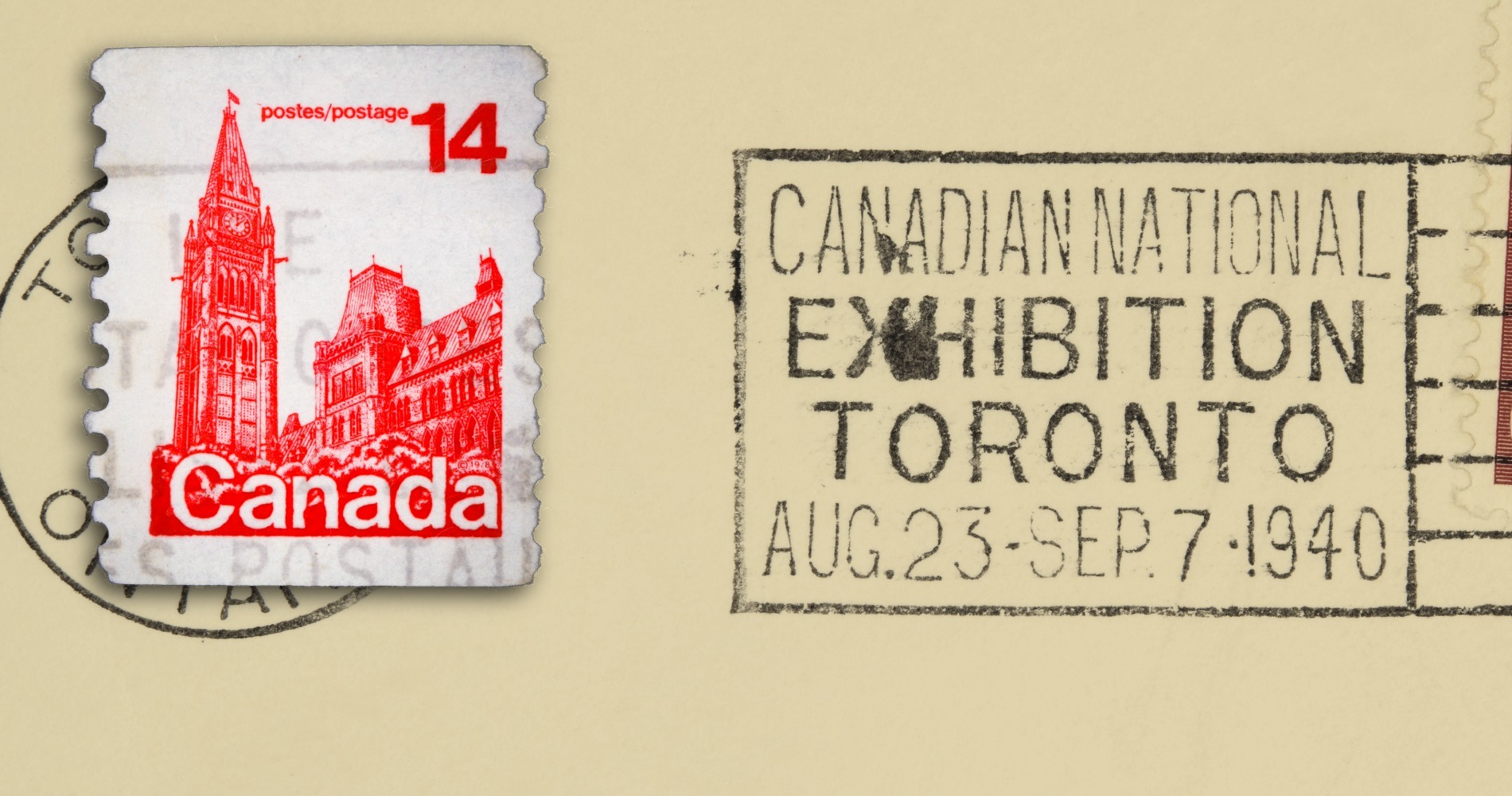Public Services & Privatization
Our publications are available to all at no cost. Please support the CCPA and help make important research and ideas available to everyone. Make a donation today.
-

Canada Post is already one of the world’s most cost-effective postal systems
There’s a common narrative about why Canada Post is in such bad shape—the company’s financial difficulties lie in excessive spending, and that the decline of…
-

Crunching the numbers on postal banking in Canada
Among the many proposals to transform Canada Post, one stands out: postal banking. It’s a program that could contribute to solving multiple policy problems at…
-

Transforming Canada Post—for the better
On November 7, Canada Post submitted a proposal to the federal government outlining its proposal to restructure the postal service—a proposal which the federal government…
-

Consulting firms’ latest hustle: Using AI to write government reports
The Government of Newfoundland paid private consulting firm Deloitte $1.6 million for a Health and Human resources plan that contains fabricated sources—reminiscent of the hallucinations…
-

Mortality and health care privatization: A comparison between countries
Privatization is deadly. Canada needs to learn from other countries and focus on public health care instead.
-

Budget fédéral alternatif 2026 : Fonction publique
Ce que le gouvernement canadien devrait faire en matière de fonction publique. Une véritable indépendance exige un nouveau modèle économique.
-

Alternative federal budget 2026: Public service
What the Canadian government should do on public service. Because true independence needs a new economic model.
-

CUPW’s child care program is highly effective
Unions have long been champions in the fight for better child care. From organizing child care workers to speaking out for more accessible, affordable, and…
-

The post office must be defended
When Stephen Harper’s government announced the end of door-to-door mail delivery in favour of community “super-boxes” in 2014, then Canada Post CEO Deepak Chopra was…
-

Busting neoliberal myths about pharmacare in Canada
Pharmacare is in the news again. The CD Howe Institute—an important neoliberal think tank—has just released a report based on a conference it hosted on…
-

The federal government’s coming “red tape review” is bad news
At the beginning of July, Shafqat Ali, president of Canada’s Treasury Board, announced the launch of a “red tape review” of regulations across federal departments…
-

Canada needs a crown corporation for vehicle production
Donald Trump is an existential threat to Canada’s auto sector. As he bluntly stated during a meeting with the prime minister in May, “we don’t…
Updates from the CCPA
Read the latest research, analysis and commentary on issues that matter to you.
CCPA Updates